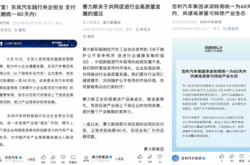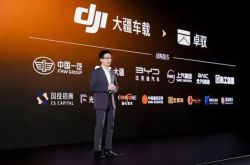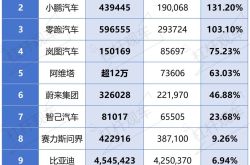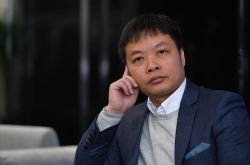"Jing Kun wants to rebuild a Baidu? It's still too early for generative AI to disrupt search
![]() 06/24 2024
06/24 2024
![]() 611
611

The wave of generative AI has been intensifying, with new AI companies and products emerging every now and then. Many accomplished individuals have also chosen to join the AI entrepreneurship trend.
Just yesterday, former Duer CEO Jing Kun announced his new move after leaving Baidu, revealing the formation of MainFunc, an AI innovation product company co-founded with former Duer CTO Zhu Kaihua. Their first AI Agent search product, Genspark, has been launched in beta.

Image/ Genspark
Additionally, MainFunc secured $60 million in seed funding, valued at $260 million post-investment.
It's been just eight months since he resigned as Baidu Group's Vice President and Duer CEO. Intriguingly, the field he chose after leaving Baidu is precisely Baidu's core business—search.
Instead of staying within Baidu's system to develop AI search, Jing Kun chose to do it independently with Zhu Kaihua. This, to some extent, indicates that Baidu faces some issues in this new field of AI search. But more importantly, Jing Kun's choice reaffirms what many believe:
AI search has great potential.
But will this "potential" radically change the way we access information? Will it disrupt the existing search market landscape?
Genspark, another somewhat different AI search
Like all AI searches, Genspark adopts a conversational approach as its primary interaction method. When users ask questions, Genspark generates relevant short answers, directly providing the information you might need, rather than presenting you with "ten blue links" that you might need to click, browse, and judge.
Moreover, MainFunc believes that Genspark can provide higher-quality search results—or answers. According to the official statement, Genspark uses multiple specialized AI models, each designed to handle specific types of queries.
Underneath, Genspark relies on internally trained models as well as third-party models from OpenAI, Anthropic, and others to classify users' search queries and determine how to organize and present the results. For example, if we search for "When did OpenAI launch AI search?" (which they haven't):
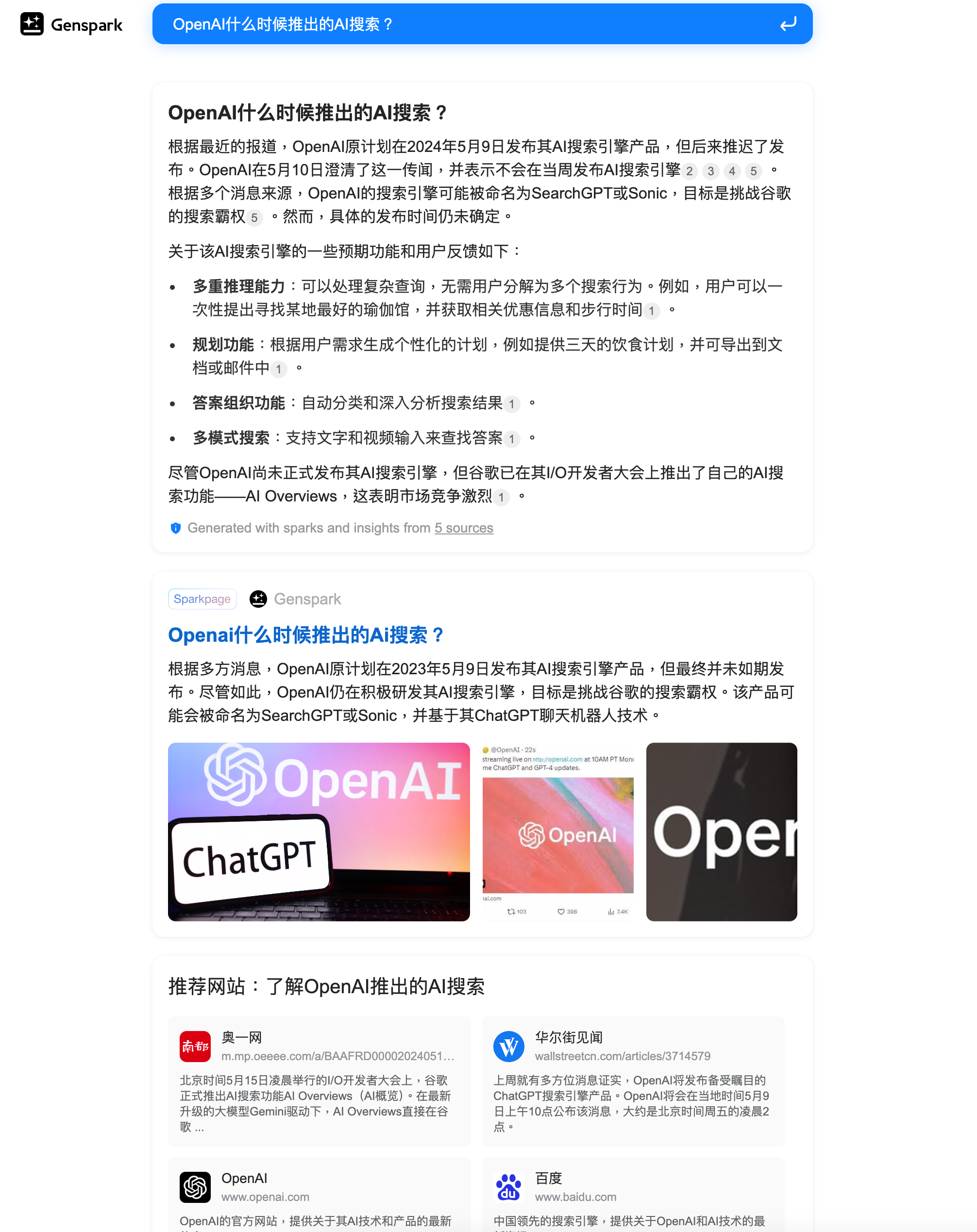
Image/ Genspark
Each search result page on Genspark first presents a summary of the AI-generated result, followed by a link to a more detailed Sparkpage, essentially a complete answer to the question. Finally, there are some recommended links, which are similar to the result pages of traditional search engines.
Sparkpage is also a unique interactive design that sets Genspark apart from other AI searches. Apart from generating a detailed answer similar to Wikipedia, users can continue to engage in a conversation with the AI in the dialogue window on the right side of Sparkpage, whether to expand on doubts about the answer or delve deeper into certain parts.
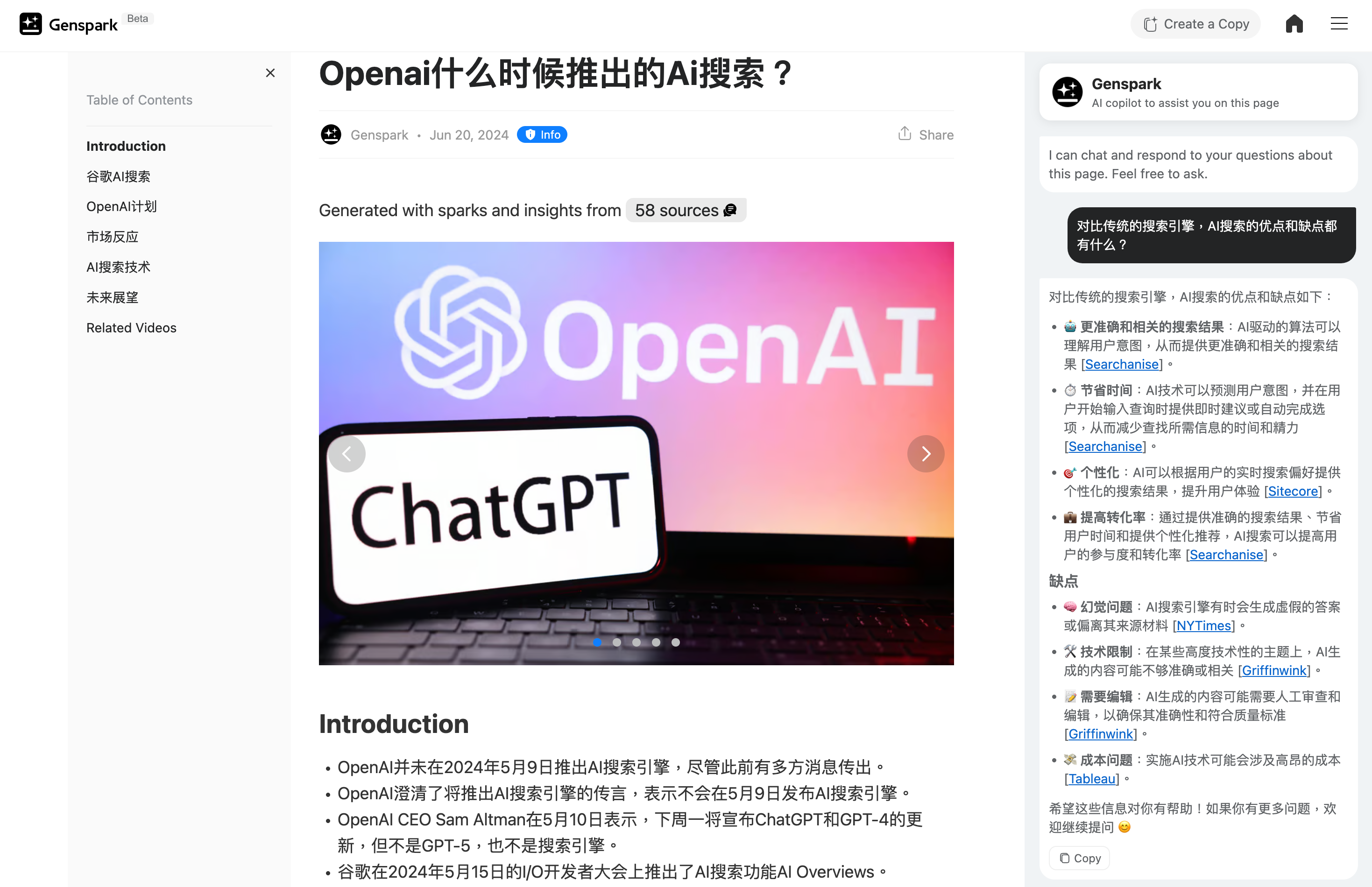
Image/ Genspark
Regarding the "hallucination" issue of large models, AI searches generally adopt RAG (Retrieval-Augmented Generation) technology to reduce the probability of "hallucination." Jing Kun, in an interview with TechCrunch, mentioned that Genspark's AI model prefers web pages with high authority and popularity, which greatly helps filter out more "external" information.
"We attach great importance to data quality, and we believe that data quality is the key to


